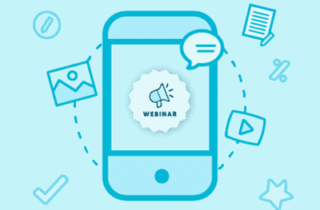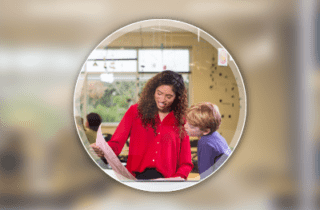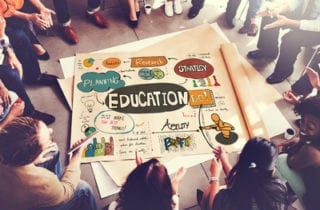Join in this edWebinar discussion as the superintendent, the director of curriculum, and the instructional technology and the supervisor of blended learning in the Meriden Public School District in Connecticut share the collaborative work they do to assure that professional learning experiences for teachers, administrators and staff in their school district is impactful and effective in changing classroom practice across their district.
We, as edtech leaders and classroom teachers, must explore pathways where assessments support teaching and learning in the 21st century. According to Matt Renwick, Author and Principal of Mineral Point Unified School District, WI, in a recent edWebinar, complex authentic student learning experiences require complex assignments that not only demonstrate content knowledge but should also gauge enthusiasm, communication skills and habits of mind. Authentic assessments are always about the connections we make with students, each other, and the broader community as indicated in a Gallup poll. Only 47% of secondary students surveyed reported being engaged, enthusiastic and committed to their learning. Students who were able to agree with the statements, “my school strongly is committed to building the strengths of each student,” and, “I have at least one teacher who makes me excited about the future,” were 30 times more likely to be engaged at school when compared with students who strongly disagreed with the same items.
This edWebinar makes the case for taking a deliberate approach to the “hidden curriculum” already being taught, presenting a five-part model of SEL that’s easy to integrate into everyday content instruction.
This edWebinar will explore a process for using technology to effectively capture, and communicate student work with peers, families, and the community.
In this edWebinar, learn the essential elements of assessment that improve learning and illustrate classroom strategies that improve learning for all students.
Dr. Savitha Moorthy and Sierra Gibson highlight how educators and researchers can effectively leverage research to improve students’ learning experiences.






